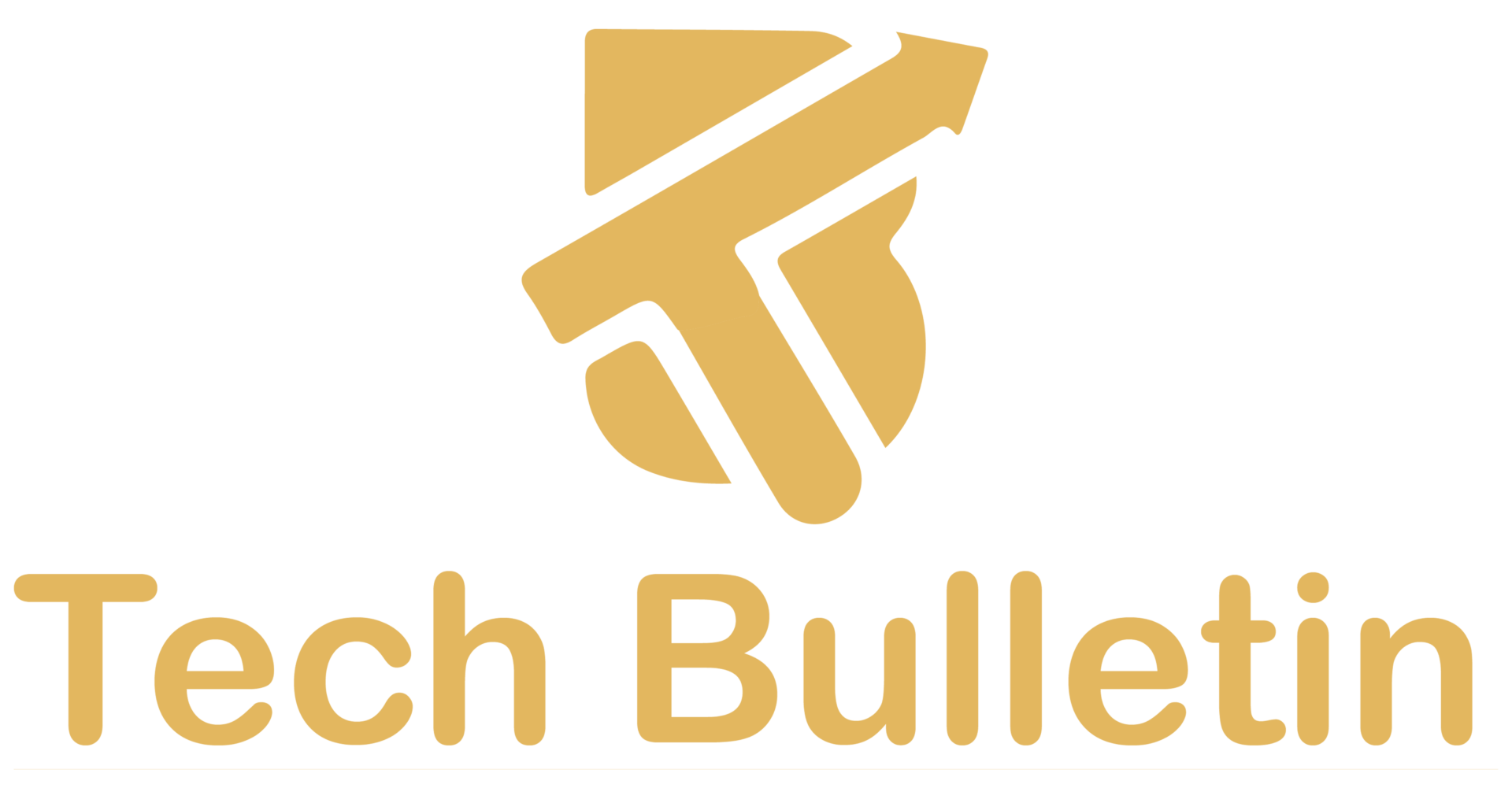10 Best AI Agent Platforms for Task Automation And Data Handling
Artificial Intelligence (AI) agents are revolutionizing how businesses and individuals automate tasks, manage workflows, and process data. From customer service chatbots to intelligent data analysis tools, AI agents are becoming an essential part of modern operations.
This guide explores the 10 best AI agent platforms designed for task automation and data handling, detailing their features, benefits, and best use cases.
1. AutoGPT
Best For: Complex multi-step automation without manual intervention
Overview:
AutoGPT is an open-source AI agent framework built on top of large language models (LLMs). It can autonomously perform tasks, conduct research, and handle data analysis without constant human input.
Key Features:
- Autonomous decision-making
- Internet browsing capabilities
- Data retrieval and summarization
- Multi-task execution
Pros:
- Highly customizable
- Handles complex workflows
- Open-source and free to use
Ideal Use Case:
Research automation, report generation, and workflow orchestration for businesses and developers.
2. LangChain
Best For: Building AI agents with strong memory and tool integration
Overview:
LangChain is a developer framework for creating context-aware AI agents. It’s widely used for integrating AI into apps that require reasoning over structured and unstructured data.
Key Features:
- Integration with APIs and databases
- Advanced memory management
- Multi-modal capabilities
- Works with multiple LLMs
Pros:
- Excellent for developers
- Supports modular AI agent design
- Strong documentation and community support
Ideal Use Case:
Custom AI assistants, automated knowledge bases, and advanced data handling applications.
3. Microsoft Copilot Studio
Best For: Enterprise-grade task automation with Microsoft ecosystem integration
Overview:
Microsoft Copilot Studio enables businesses to create AI agents that work seamlessly within Microsoft 365, Power Platform, and Dynamics 365 environments.
Key Features:
- Natural language automation for workflows
- Secure enterprise-level integration
- Data analytics within Microsoft apps
- Low-code/no-code interface
Pros:
- Strong enterprise security
- Easy integration with business tools
- User-friendly for non-developers
Ideal Use Case:
Automating repetitive tasks in Microsoft applications, such as report generation, scheduling, and data entry.
4. AgentGPT
Best For: Deploying custom AI agents quickly without coding
Overview:
AgentGPT is a web-based platform that lets users deploy AI agents for different goals simply by providing instructions.
Key Features:
- No-code setup
- Goal-oriented automation
- Cloud-based execution
- Easy monitoring dashboard
Pros:
- Simple and quick to set up
- Great for experimentation
- Beginner-friendly
Ideal Use Case:
Small businesses and solo entrepreneurs who need quick automation for research, marketing, and data handling.
5. Cognosys AI
Best For: Multi-agent collaboration and real-time task execution
Overview:
Cognosys AI offers AI agents that can collaborate to achieve complex goals, making it ideal for parallel task execution.
Key Features:
- Multi-agent teamwork
- Real-time data processing
- Cloud or local deployment
- Integration with multiple APIs
Pros:
- Highly scalable
- Can handle multiple tasks simultaneously
- Flexible deployment
Ideal Use Case:
Large-scale data analysis and cross-department automation in enterprises.
6. CrewAI
Best For: Coordinated AI agents with specific role assignments
Overview:
CrewAI allows you to create a team of AI agents where each “agent” has a role, such as researcher, writer, or data analyst.
Key Features:
- Role-based task execution
- Collaboration between agents
- Integration with external data sources
Pros:
- Highly organized automation
- Great for content and research projects
- Open-source flexibility
Ideal Use Case:
Content creation, marketing campaign planning, and structured data processing.
7. Taskade AI Agents
Best For: Productivity and team collaboration with AI-powered workflows
Overview:
Taskade combines task management with AI agents that assist in planning, brainstorming, and automating repetitive work.
Key Features:
- Task and project automation
- AI-powered brainstorming
- Real-time collaboration
- Cross-platform sync
Pros:
- Combines productivity tools with AI
- User-friendly interface
- Affordable pricing
Ideal Use Case:
Remote teams that want AI to manage tasks, generate ideas, and handle meeting notes.
8. Relevance AI
Best For: Data-driven decision-making with AI agents
Overview:
Relevance AI enables companies to deploy AI agents that specialize in processing and analyzing large datasets for actionable insights.
Key Features:
- Data clustering and categorization
- Predictive analytics
- Custom AI workflows
- Dashboard visualization
Pros:
- Strong focus on data handling
- Great for business intelligence
- Scalable to enterprise needs
Ideal Use Case:
E-commerce analytics, customer segmentation, and predictive business insights.
9. Adept AI
Best For: Automating browser and software tasks like a human assistant
Overview:
Adept AI’s agents interact with web browsers and desktop applications to perform actions just like a human user.
Key Features:
- AI-powered web navigation
- Software automation
- Natural language commands
- Context-aware actions
Pros:
- Works with multiple apps and sites
- Learns from usage patterns
- Intuitive command execution
Ideal Use Case:
Sales teams, researchers, and anyone who needs AI to operate software and web tools hands-free.
10. Flowise AI
Best For: Creating AI workflows visually with drag-and-drop tools
Overview:
Flowise AI is an open-source tool that lets you visually build AI agent workflows without deep coding knowledge.
Key Features:
- Visual workflow builder
- Supports multiple AI models
- API integration
- On-premise or cloud use
Pros:
- Beginner-friendly workflow creation
- Open-source and free
- Highly customizable
Ideal Use Case:
Prototyping AI automations, building chatbots, and connecting multiple data handling processes.
Final Thoughts
AI agent platforms are no longer experimental tools; they are becoming business essentials. Whether you’re a developer building custom agents, an enterprise looking for secure automation, or a small business owner seeking productivity boosts, there’s a solution in this list for you.







